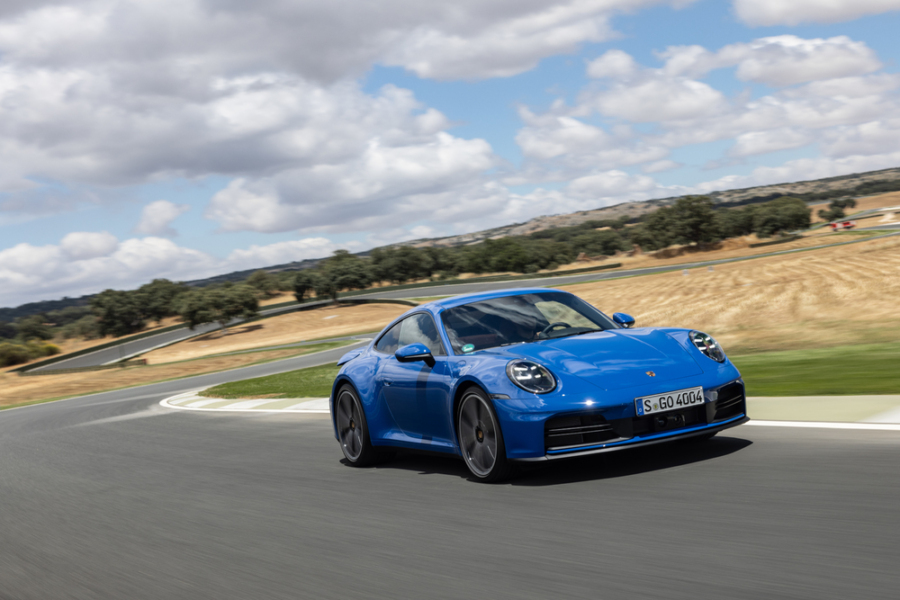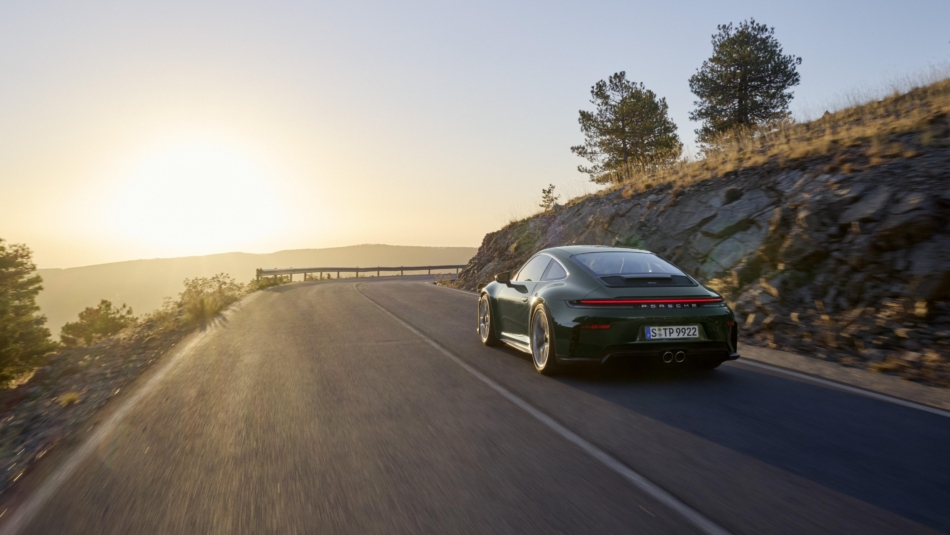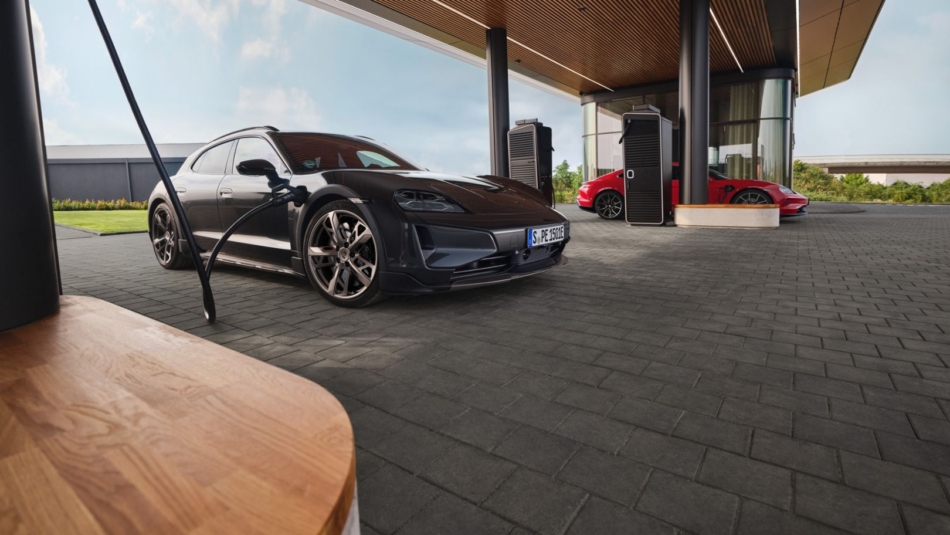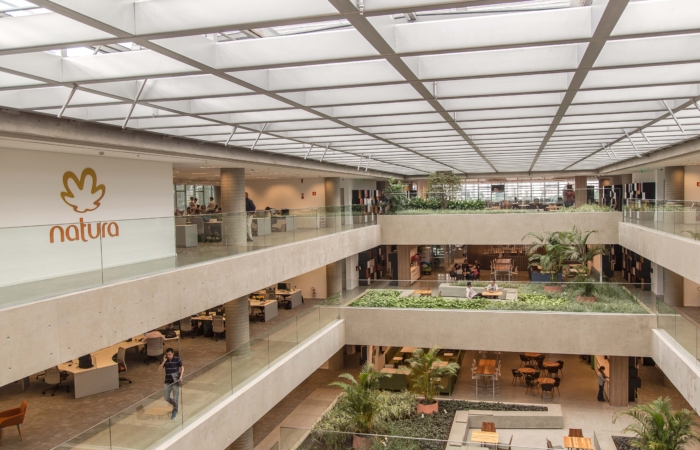
When you think of luxury on four wheels, one name comes to mind: Porsche. Classified by Interbrand, for the seventh consecutive year, as the most valuable luxury and premium brand in the world, something around US$ 33.7 billion, the word Porsche contains within itself a unique reputation — a symbol of high performance, speed and desire.

But what explains the reputation of this German brand that, from the legendary sports car 911 Carrera to the electric Taycan, remains a dream even in the form of miniatures, fascinating generations for almost a hundred years?
Node episode 251 In the Harvard Business Review podcast Cold Call, Harvard Business School professor Stefan H. Thomke discusses the German automaker's winning strategy.
Thomke, an authority on innovation management, is the author of case study on the subject, together with Daniela Beyersdorfer, published by the institution.
O article available from Harvard Business Publishing, has a single-word title: Porsche. And it helps to understand how the company, founded in 1931 by Ferdinand Porsche, balances tradition and innovation to strengthen its reputation and keep its vehicles as objects of desire. The strength of the brand, with its emblem inspired by the rearing horse on the coat of arms of Stuttgart, where it originated, is based on excellence in engineering, design and performance.
A brand enthusiast, Thomke understands that Porsche doesn’t just sell cars — it sells dreams, above all. The magic lies in something that goes beyond the powerful engine or the impeccable design. It’s the complete experience. From the anticipation of customizing every detail of a new model to the moment of driving a tailor-made car, Porsche creates an emotional journey for its customers.
In the program entitled “The evolution of the luxury brand Porsche – As the German automaker adapts to disruption and competition, it is clear that for the company, luxury does not just mean an exceptional car. It is the entire experience related to the product, which translates into the “Track Your Dream” program – something like “Follow your dream”.
You want the car to be made just for you, Thomke says, and then you customize it. “Now you’re going to have to wait. It could be six months or maybe a year or more until you actually get your car. And I think the idea is that they want to be more transparent with their customers and really show what’s going on in that whole process.”
Thus, when ordering a customized Porsche, the customer can follow each stage of production through the manufacturer's app, experiencing a process in which their dream becomes reality from the assembly line to the dealership. Transparency, although risky at some stages – a car transported by ship has already sunk – reinforces the feeling of exclusivity and makes the customer feel part of the journey.
The power of a word that says it all
But what objectively explains the resilience of the Porsche brand, summed up in one word that says it all? In the Harvard podcast, Stefan Thomke lists a few:

1. Innovation
Porsche continually invests in innovation, staying ahead of technological trends and anticipating market transformations. The brand, for example, is not afraid of electrification, but does it in its own way. The launch of the Taycan, its first electric car, is a clear example: instead of following the 400-volt trend of traditional electric vehicles (EVs), Porsche opted for an 800-volt structure — a bold choice, inspired by its expertise on the racetrack. This move is not just technical, it is symbolic. Porsche does not adopt innovations passively. The company shapes them to preserve the essence of sportiness and luxury that defines it.
2. Legacy
While adapting to new demands, Porsche does not abandon its historic values, preserving a solid brand identity. Porsche values its tradition and heritage, always taking care to preserve the elements that make its cars unique and desirable. Preserving a legacy history reinforces exclusivity and prestige, combined with a futuristic vision that keeps the brand always up to date.
3. Interaction
Porsche practices an approach that transforms every interaction in a unique and memorable moment, providing a differentiated experience for the consumer. An essential aspect highlighted in the podcast is the automaker's unique ability to transform the act of purchasing a vehicle into an emotional and aspirational experience. Each model launched reflects not only a high technical standard, but also a narrative that positions the car as the realization of a dream.
Firm positioning for the future
Porsche, which originated with the Volkswagen Beetle, a popular car, is well-positioned for the future in its industry. The company has a strong brand, innovative products and a loyal customer base. The company is also committed to sustainability and digital transformation, which will help it stay relevant in a changing market.
In the interview, it is clear that the strength of the Porsche brand lies in the intersection between tradition, innovation and the ability to transform dreams into concrete experiences. Stefan H. Thomke makes it clear that the excellence adopted by the German automaker is not the result of chance, but rather the result of a firm commitment to innovation and building a lasting reputation.
The 911 Carrera, for example, has been around for more than 60 years, and it’s the car that has saved the company from tough situations on several occasions in that time. The electric Taycan was launched at a time of high demand, and now EVs are facing stiff competition from China. It’s a different kind of competition for Porsche, which had publicly pledged to increase the share of electric vehicles to 80% of its sales by 2030.

Now, Porsche's strategy is starting to change, for a reason that the Harvard professor sums up like this: “They were moving faster than the market.”
Porsche's vocation is not to increase volume, like Ferrari, for example. Porsche produces a little over 300,000 units per year. As a result, some of the most expensive models can cost US$300,000 or more, although there are some more "basic" models, around US$100,000.
The message left by the interviewee is clear: a brand's reputation is not sustained solely by past legacies — it is strengthened when there is courage to evolve without losing its essence. Porsche's trajectory serves as an inspiring example: investing in technology, respecting the brand's identity and, above all, maintaining focus on the consumer's needs and desires can transform challenges into opportunities and build a solid reputation in a highly competitive market.
Clovis Malta is a journalist
clovis.malta@ankreputation.com.br



